EDITORIAL
Published on 09 Feb 2021
Editorial: “Is this a Dream?” – Evolutionary, Neurobiological and Psychopathological Perspectives on Lucid Dreaming
doi 10.3389/fpsyg.2021.635183
- 5,554 views
- 2 citations
40k
Total downloads
689k
Total views and downloads
Select the journal/section where you want your idea to be submitted:
EDITORIAL
Published on 09 Feb 2021
MINI REVIEW
Published on 06 Oct 2020

BRIEF RESEARCH REPORT
Published on 21 Aug 2020
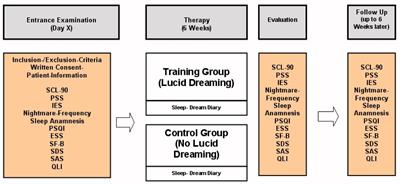
PERSPECTIVE
Published on 29 Jul 2020
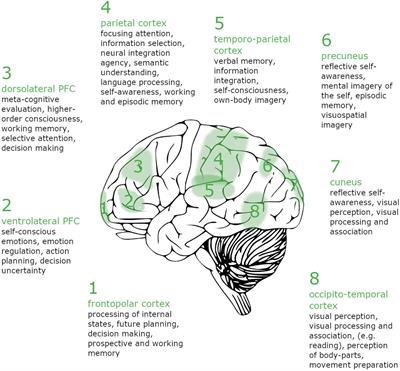
OPINION
Published on 17 Jul 2020
ORIGINAL RESEARCH
Published on 17 Jul 2020

ORIGINAL RESEARCH
Published on 26 Jun 2020
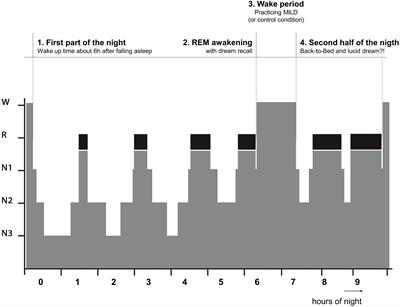
BRIEF RESEARCH REPORT
Published on 25 Jun 2020
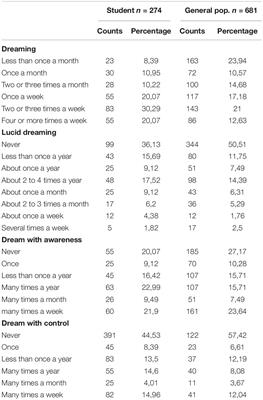
OPINION
Published on 22 Apr 2020
OPINION
Published on 15 Apr 2020
OPINION
Published on 19 Mar 2020
ORIGINAL RESEARCH
Published on 18 Mar 2020
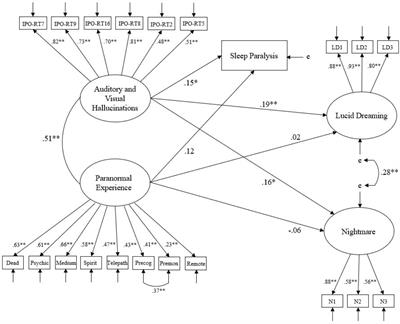

Frontiers in Human Neuroscience
Frontiers in Neuroscience
Frontiers in Sleep